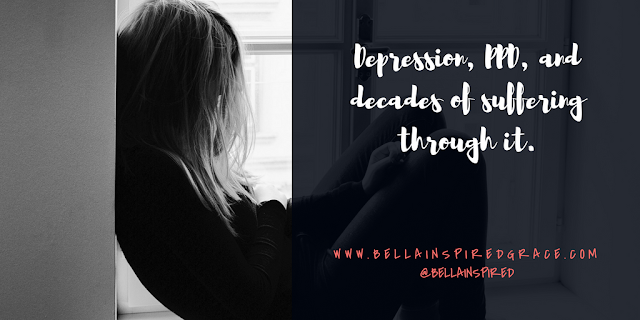The road to recovery is far from being an easy trip. This is a journey that has a lot of bumps, ups, downs, forks in the road, and lots of obstacles. There may be an array of reasons why you’re wanting to begin the recovery process. Maybe you’re fed up with your past decisions? You could just want to end this dependency, maybe you just want to improve your life for the better. There are plenty of reasons why addicts end their addictions, and it’s possible.
If you’re looking to end this, it’s first important to understand how difficult it’s going to be but how worth it that it’s going to be in the end. No matter your reason behind this big decision, here are some tips to help you get started on this recovery journey.
Start by being honest about your motives
It’s fantastic that you’re wanting to begin living a sober life! With that in mind, it’s very important to understand why you’re wanting to do this. What is the cause behind wanting to get sober? What was the cause of your addiction in the first place? Was it due to trauma? A physical injury? Mental health? If you’re wanting to get mental health treatment, then you must first begin by addressing what caused you down the path you were on. These questions and thoughts must be raised, they cannot go unaddressed. If left unaddressed, then there is a higher chance of a relapse.
Look into services you can use to help out
There are thankfully plenty of ways to seek help for addictions. While there are plenty of different types of addictions, it’s important to find a helpful service or facility that can help with yours. If you’re addicted to alcohol or substances such as drugs, then it’s very important to look for rehab. If you are someone with other addictions such as food, gambling, sex, shopping, or anything else then it’s very important to find the right mental health professional to assist you.
Recovering from an addiction isn’t entirely a one-size-fits-all. There are many different types of addictions, reasons for getting an addiction, and other factors that need to be taken into account as well. This is why it’s very important to do thorough research on a service, facility, or specialist that can help you out.
Read success stories
Reading success stories can help a lot. This is a great push to remind you that if someone else can recover, then you can too. Sometimes, we just convince ourselves that we’re not strong enough. This is already making you lose the battle! You have to surround yourself with positivity. You need to believe that you can recover and reading other people’s recovery success stories is going to be that helpful push you need to remind you that you’re more than capable of getting through this recovery journey.
Don’t be afraid to open up about your recovery journey
Simple practices will help your mental health and they’ll also help you with your emotions. This also massively helps with health checks. If you want to build up a strong support system then you can’t shy away from this journey. Be completely open, as this is going to help your communication skills, and it’s also going to allow you to cope with this in a healthy manner. Your support system is still going to be there, and they’re still going to love you. Even during your low points, they want to be there to help. So you have to be open about this, don’t be afraid to open up about the milestones that you reach.




